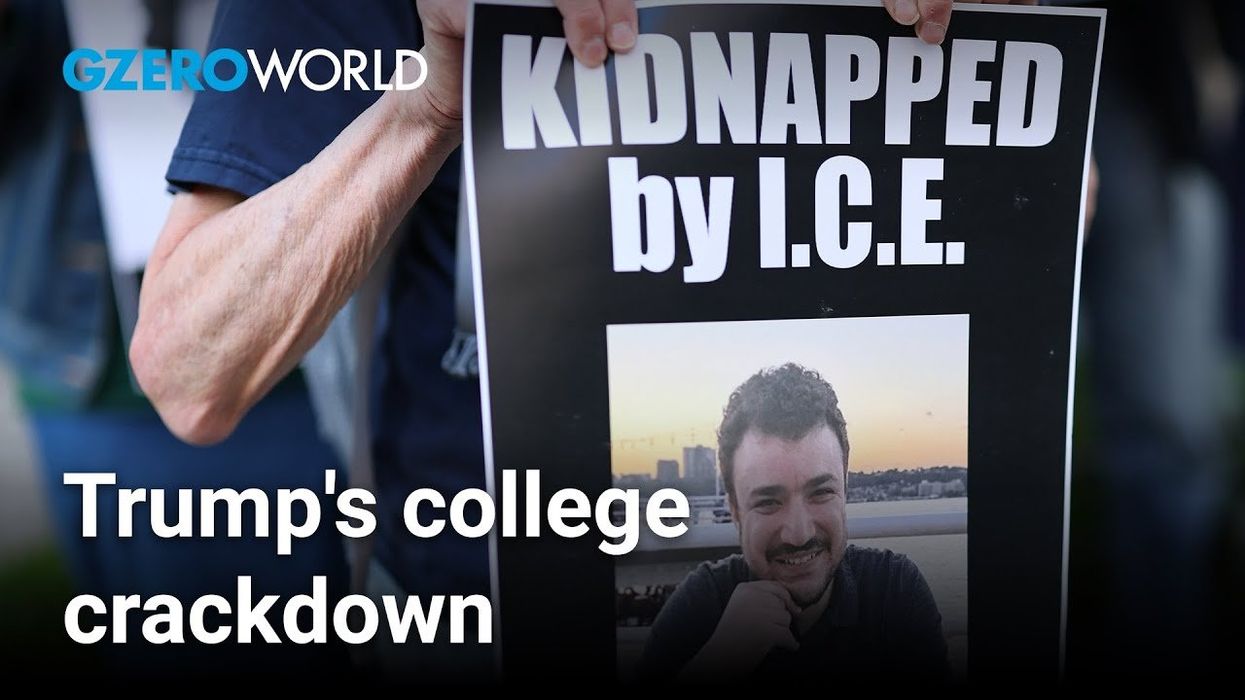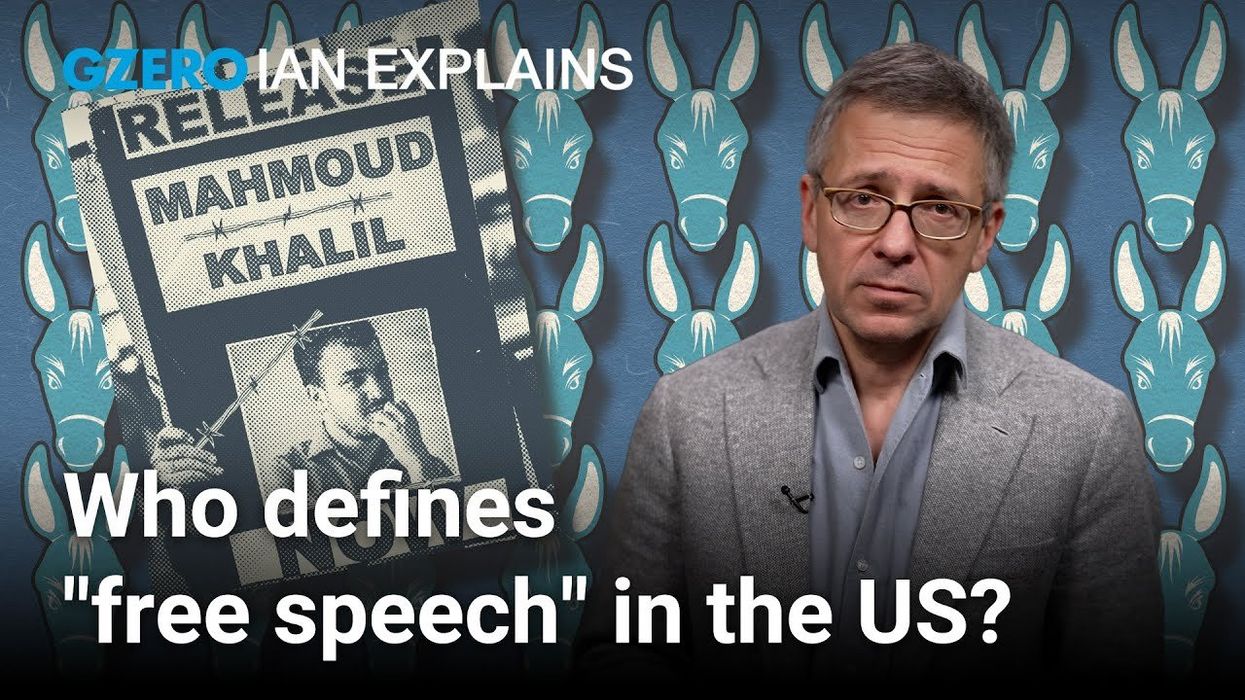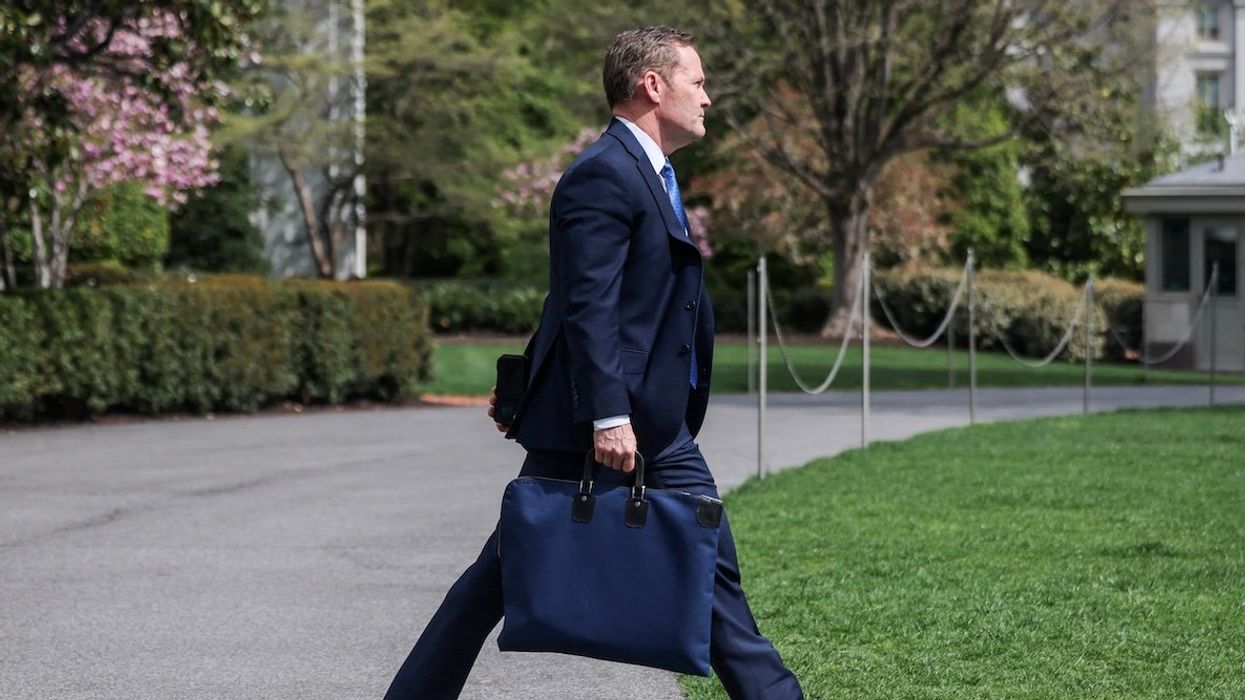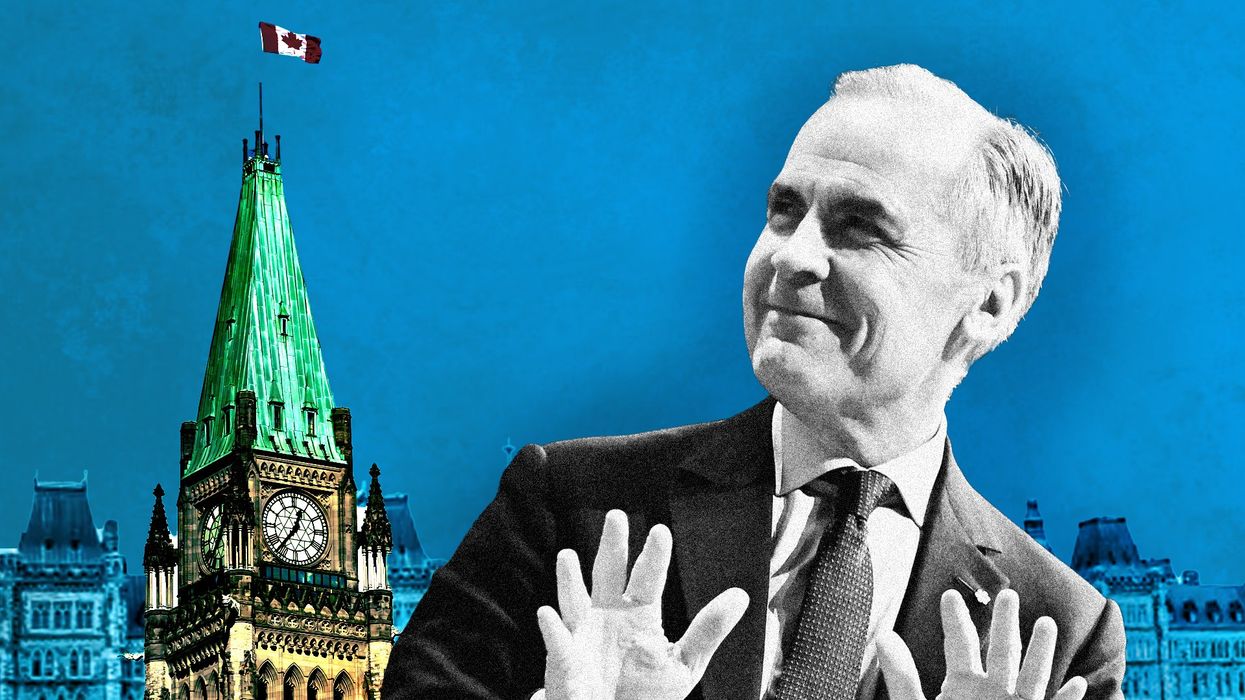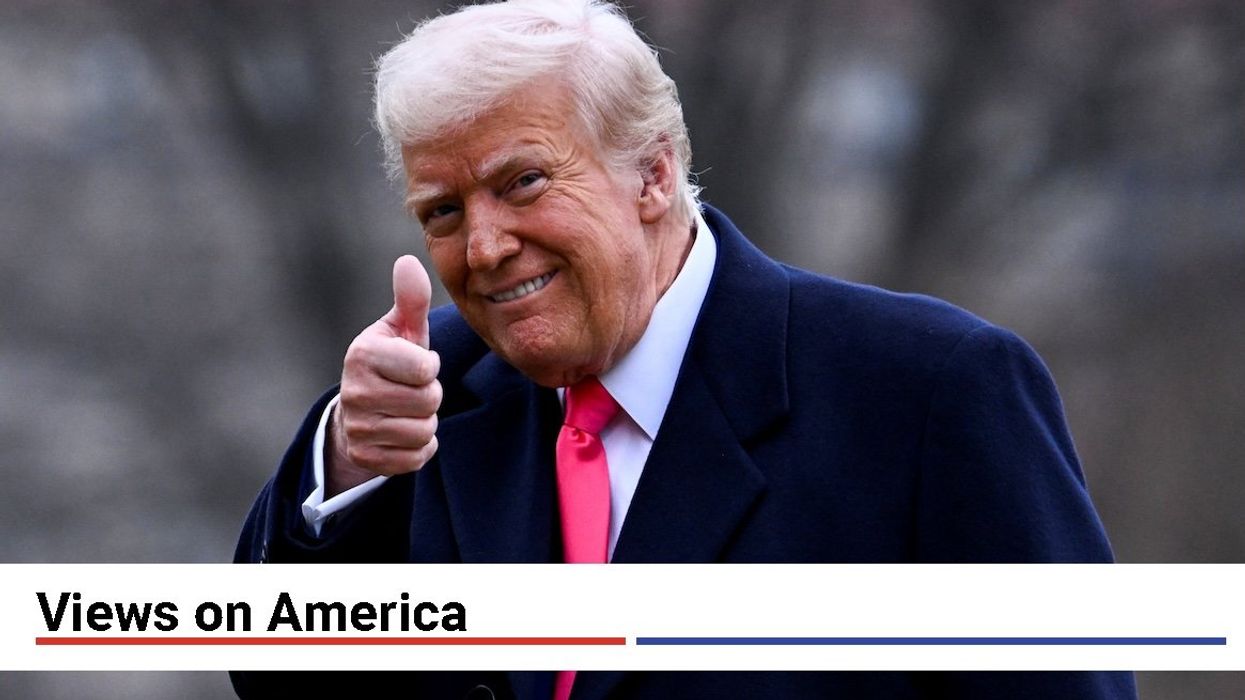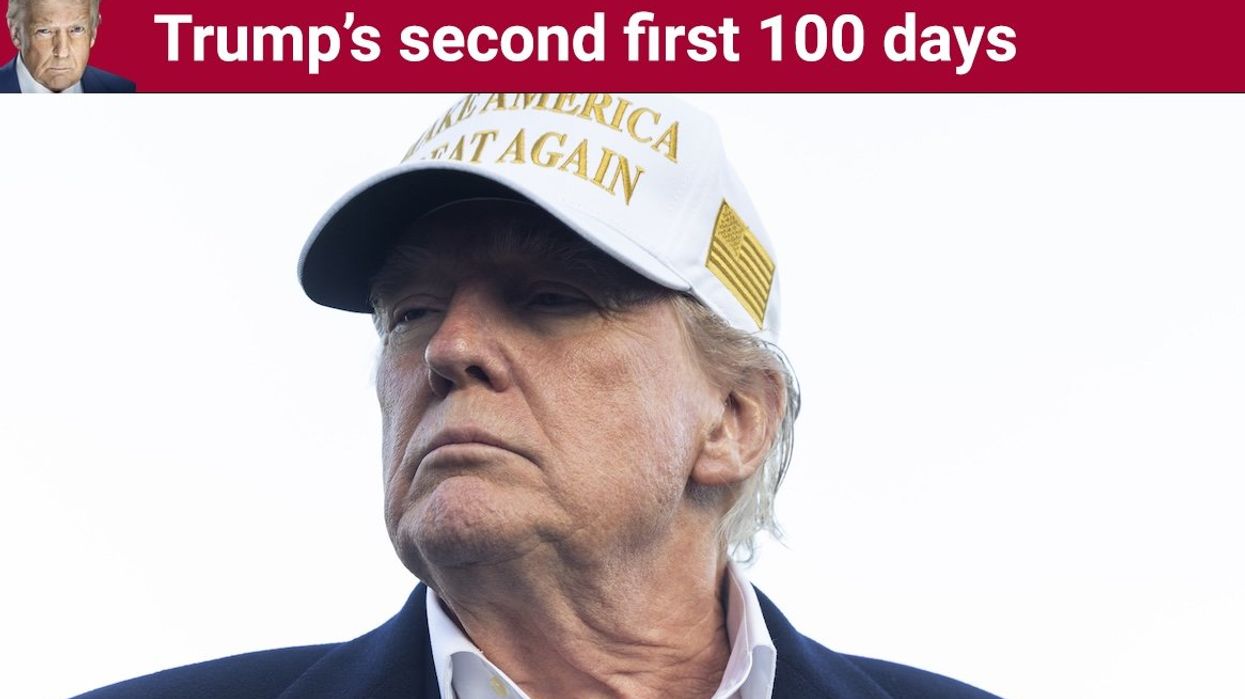GZERO World Clips
Does Trump's campus crackdown violate the First Amendment?
On GZERO World with Ian Bremmer, New York Times journalist Jeremy Peters warns that the Trump administration’s crackdown on campus protesters may be chilling political expression far beyond elite universities.
May 06, 2025
